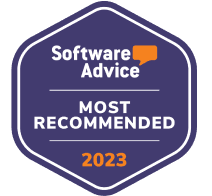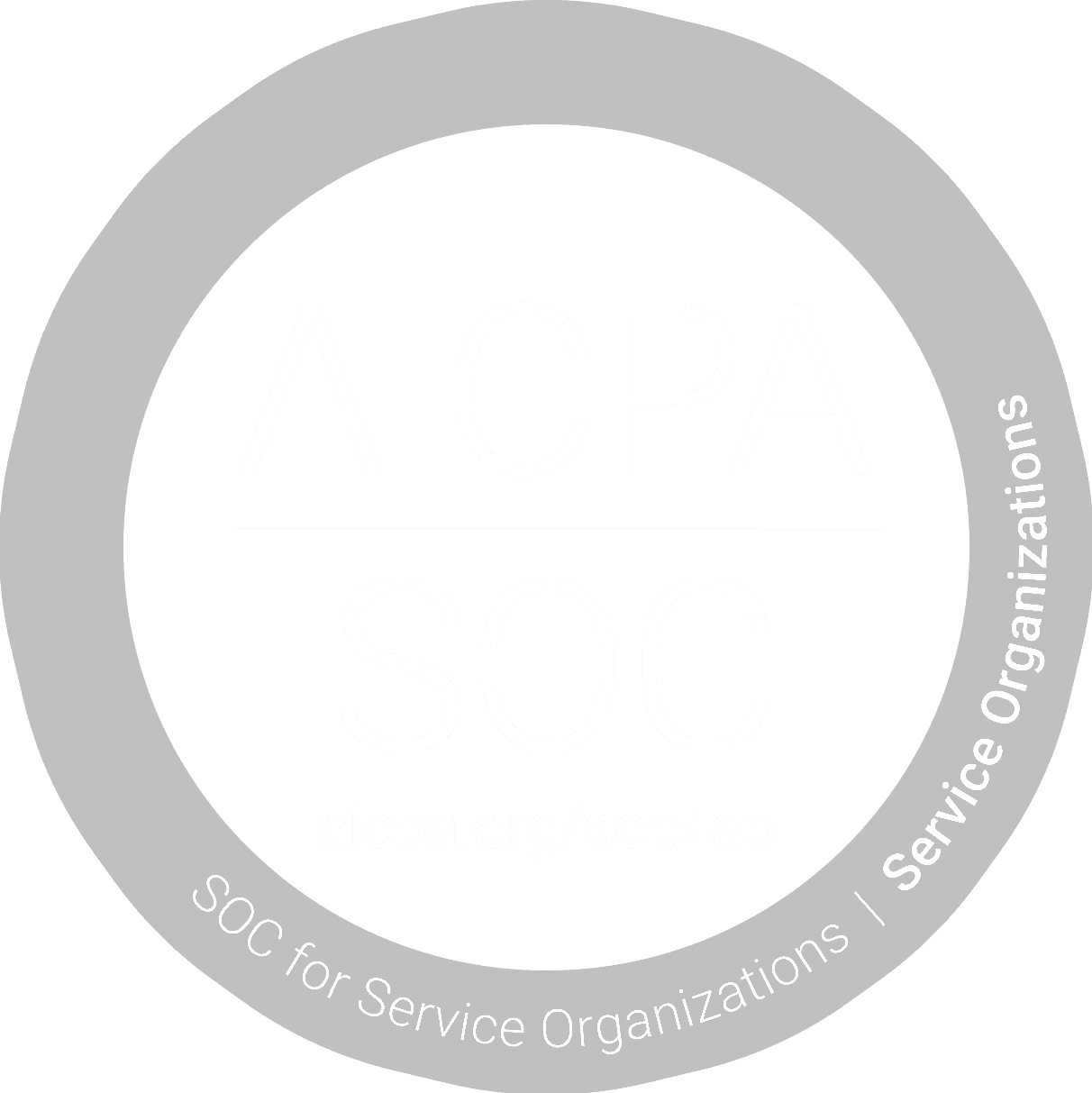ALERT: Sophisticated Phishing Scam Targets WordPress Administrators with Fake Security Advisory
Tuesday, December 12, 2023

Imagine waking up to an email from WordPress about a critical security breach on your website. Your first instinct is to act swiftly to protect your site and your visitors. But what if this seemingly helpful advisory was the real threat? This is not a hypothetical scenario but a cunning reality facing WordPress administrators globally.
Today, we dive into the anatomy of a sophisticated phishing scam that's not just fooling the uninitiated but also challenging the savviest of webmasters. Stay tuned as we unravel how this digital deception operates and the crucial steps to shield your online presence.
In today’s digital era, WordPress has emerged as a cornerstone for businesses online, powering an astonishing 40% of the web. From small startups to large corporations, WordPress's flexibility and ease of use make it a popular choice for creating and managing websites. However, its widespread popularity also makes it a prime target for cybercriminals. This is why we at Lockwell believe it's crucial to keep our community informed about threats specifically targeting WordPress users.
The recent phishing campaign against WordPress administrators is not just a threat to individual sites but poses a broader risk to business operations and data security. Whether you run an e-commerce platform, a nonprofit's informational site, or a blog for your small business, understanding and guarding against such threats is vital for maintaining your online presence and the trust of your customers.
The Scheme: Fake WordPress Security Advisories
The core of this campaign is a series of emails masquerading as official WordPress security advisories. These emails falsely warn of a critical Remote Code Execution (RCE) vulnerability, tagged as CVE-2023-45124. However, it's crucial to understand that this vulnerability does not exist.
The Trap: Malicious Backdoor Plugin
The phishing emails contain a 'Download Plugin' button, leading to a fake WordPress landing page. This page is a convincing replica of the legitimate WordPress site, designed to trick administrators into installing a malicious plugin. Once installed, this plugin creates a hidden admin user and establishes communication with a command and control server operated by the attackers.
This backdoor is not just a simple breach. It equips the attackers with extensive control over the compromised site, including file management, a SQL client, a PHP console, a command line terminal, and access to detailed server environment information.
Potential Threats and Speculations
While the end goals of this campaign are still unclear, experts speculate that the backdoor might be utilized for various malicious activities. These could range from injecting ads and redirecting visitors to more severe actions like stealing sensitive information or blackmailing site owners.
Threat Intelligence Analysis
This situation underscores the critical importance of verifying the authenticity of any security advisories. WordPress administrators must be exceptionally cautious about installing plugins, especially those originating from external links in unsolicited emails.
The campaign exhibits a high level of sophistication, using tactics like cloned legitimate websites and fabricated user reviews to appear credible.
Best Practices for WordPress Administrators
Always Verify Sources: Only download updates or plugins from official WordPress channels.
Be Skeptical of Unsolicited Emails: Scrutinize any unexpected security advisories or plugin offers.
Educate and Stay Informed: Regularly update your knowledge about common cyber threats and how to avoid them.
Implement Robust Security Measures: Use comprehensive security solutions like those provided by Lockwell to safeguard your digital assets.
Wrapping Up
The sophistication of this phishing scam targeting WordPress administrators is a clear signal: the cyber world is an ever-evolving battlefield, with threats lurking around corners we least expect. Your vigilance, paired with a robust cybersecurity approach, isn’t just a best practice; it’s an absolute necessity in safeguarding your digital domain.
Remember, in this interconnected digital age, the security of one affects the safety of all. Every action you take to fortify your website not only protects your business but also contributes to the broader effort of creating a safer online community. Let's turn our collective awareness into action, fortify our defenses, and ensure that our digital journeys are secure and successful.
Stay alert, stay informed, and above all, stay secure. Together, as the Lockwell community, we're not just resisting these cyber threats; we're outsmarting them, one click at a time.













